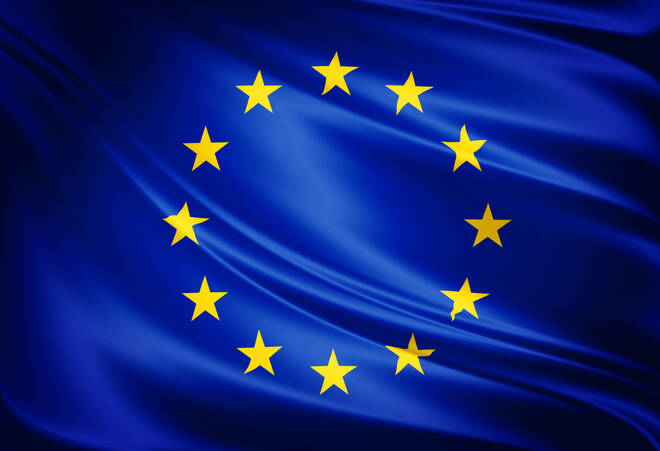Advertisement
Advertisement
EU Commission and the ECB Inch Closer to a Digital EUR
By:
The EU Commission looks to progress the legislative process of a digital euro as progress is made to address issues relating to design and distribution.
At the start of the year, central bank and government chatter on central bank digital currencies (CBDC) has picked up. Just this week, the International Monetary Fund (IMF) was back in the news, favoring CBDCs over cryptos.
This week, the IMF favored CBDCs over cryptos in spite of some governments and regulators seeing no immediate need for CBDCs. Earlier this month, the UK’s House of Lords had stated that there was no pressing need for a central bank digital currency in the UK. A House of Lords Committee reportedly saw CBDCs presenting challenges for financial stability and privacy protection.
Following the House of Lords review, the U.S Federal Reserve released its highly anticipated review of CBDCs. While the FED made no decisions on whether to pursue a CBDC, the FED did identify key risks that included safety and stability of the financial system, privacy, data protection, and prevention of financial crimes, and efficacy of monetary policy implementation amongst others. Based on the FED’s review, the U.S remains some way off from a digital US Dollar.
Central Bank Digital Currencies Landscape
According to CBDC Tracker, just two countries have fully developed and issued CBDCs, these being The Bahamas and Nigeria. There are a number, however, in pilot phases including China.
Alongside the FED and the Bank of England, the ECB is currently in the research stage of delivering a Digital euro. As crypto adoption continues to rise, however, governments and central banks could find greater incentive to catch up with the likes of China.
EU Commission Looks to Progress CBDC Discussion
On Wednesday, the European Commission reportedly announced plans to propose a bill in 2023 to introduce a CBDC. Back in July of last year, the Eurosystem had launched the digital euro project.
Project timelines included a 24-month investigation phase, aiming to address issues in relation to design and distribution. Key deliverables of a Digital euro included:
- Meet the needs of Europeans.
- Help to prevent illicit activities.
- Avoid an undesirable impact on financial stability and monetary policy.
- Complement cash and not replace it.
As progress is made behind the scenes, the bill proposal is aimed at streamlining progress towards a digital EUR. At present, the ECB has penciled in 2025 as the earliest time of issuance.
About the Author
Bob Masonauthor
With over 28 years of experience in the financial industry, Bob has worked with various global rating agencies and multinational banks. Currently he is covering currencies, commodities, alternative asset classes and global equities, focusing mostly on European and Asian markets.
Advertisement
